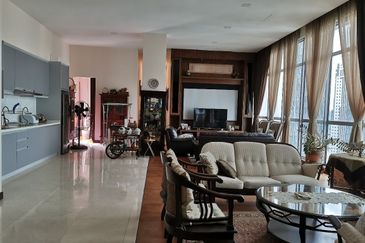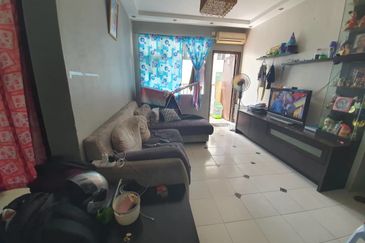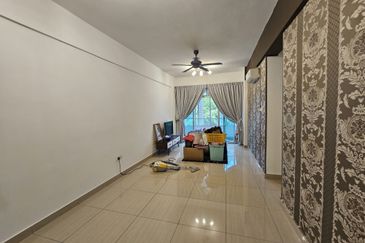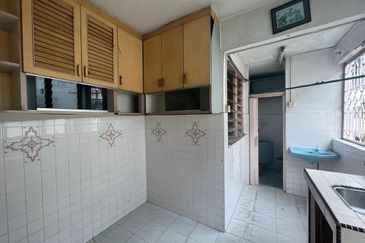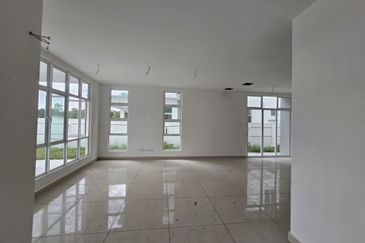
So you faced an issue with a housing developer as a homebuyer. Where can you go to get it resolved? Do we need to end up in court? Are there any alternatives? Have you ever considered the Tribunal for Homebuyer Claims?
1. Yes, it exists!
It is important to first be aware and acknowledge the Tribunal’s existence. Commonly known as the “Homebuyers Tribunal” since its inception in 2002, it is created under the Housing Development (Control and Licensing) Act 1966 (the Act) and under the purview of the Ministry of Urban Wellbeing, Housing and Local Government.
The claims lodged with the Tribunal are only limited to matters regulated by the Act. The Tribunal also covers claims filed by the immediate next purchaser from the first homebuyer of the same housing accommodation.
2. No lawyer required
The idea of having the Tribunal is to keep things simple with no strict rules and procedures to comply with.
It is meant to be friendly to homebuyers so they could file their claims without the need to engage a practising lawyer.
When the Tribunal deems that the claim involves a complex issue of law, or if one party would be in financial hardship if a lawyer does not represent him or her, only then will both parties be entitled to legal representation.
The chair of the Tribunal is normally legally trained with expertise on the Act and very proactive in the hearing to address the claim.
3. Award like a court order
The final decision of the Tribunal is called an Award, as it contains the decision on the claim and explains the terms and conditions of any order for compliance of the parties. It is treated with the same status as a court order and can also be enforced through a court just like any other court order with the same expected compliance by the parties.
It is interesting to note that the Tribunal, with or without having a hearing, can grant an Award. There is no appeal process to the civil court, save for a judicial review on the grounds of irregularity in the issuance of the Award.
Failure to comply with the Award by the Tribunal is an offence on conviction liable for a fine not exceeding RM5,000, or to imprisonment for a term not exceeding two years, or both.
4. Only RM10 to start a claim
With an investment of just RM10 by the homebuyer, plus time and effort in complying with some simple procedures, the Tribunal can award one or more of the following:
(a) money to be paid
(b) consideration paid to be refunded
(c) compliance with the sale and purchase agreement
(d) compensation for loss and damages suffered
(e) set aside or vary a contract in whole or in part
(f) costs against a party, and
(g) interest not exceeding 8% per annum for any monetary award.
5. Claim below RM50,000 only
It was a big deal for a homebuyer to claim RM50,000 back in 2002 when the Tribunal first started but it is no longer the case today, given that the average house price has increased many folds 16 years later. It might be a challenge if you are expecting to file for claims of above RM50,000.
However, the homebuyer can still go through the Tribunal if he or she is willing to reduce their claims to below RM50,000 by waiving the part exceeding RM50,000; or claim for a specific period of time that does not exceed RM50,000 and, once successful, file for another claim for the same amount for another specific period of time until the total claim is satisfied.
Another way to put forward a claim for the deliberation of the Tribunal is for both parties to agree to submit to the jurisdiction of the Tribunal.
The financial threshold certainly needs to be revisited and updated to increase the relevance of the Tribunal. It is also important to note that there is a time bar of 12 months to file a claim either from the date of the issuance of the Certificate that allows you to take vacant possession or from the expiry date of the defect liability period set out in the sale and purchase agreement.
You can easily find out more details by contacting the Ministry of Urban Wellbeing, Housing and Local Government.
If you have any property-related legal questions for Tan, please go to the Tools section of www.EdgeProp.my.
Chris Tan is a lawyer, author, speaker and keen observer of real estate locally and abroad. Mainly, he is the founder and now managing partner of Chur Associates.
Disclaimer: The information here does not constitute legal advice. Please seek professional legal advice for your specific needs.
This story first appeared in EdgeProp.my pullout on Jan 19, 2018. Download EdgeProp.my pullout here for free.
TOP PICKS BY EDGEPROP
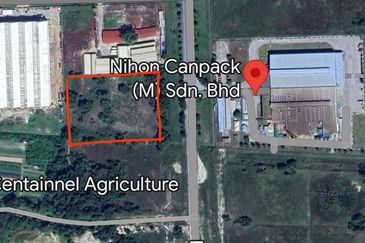
Bemban Industrial Estate (Kawasan Perindustrian Batu Gajah)
Batu Gajah, Perak
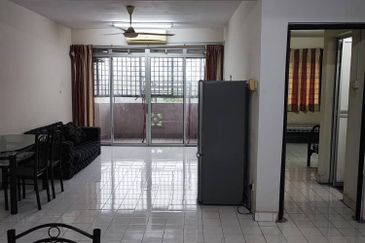
Apartment Tanjung Puteri Resort
Pasir Gudang, Johor

D'Carlton Seaview Residences (Seri Mega)
Masai, Johor

D'Ambience Residences (Ikatan Flora), Bandar Baru Permas Jaya
Permas Jaya/Senibong, Johor
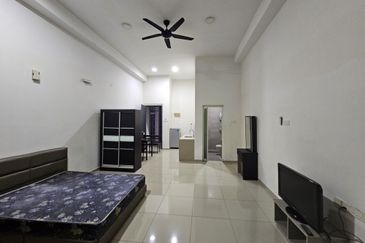
D'Carlton Seaview Residences (Seri Mega)
Masai, Johor

